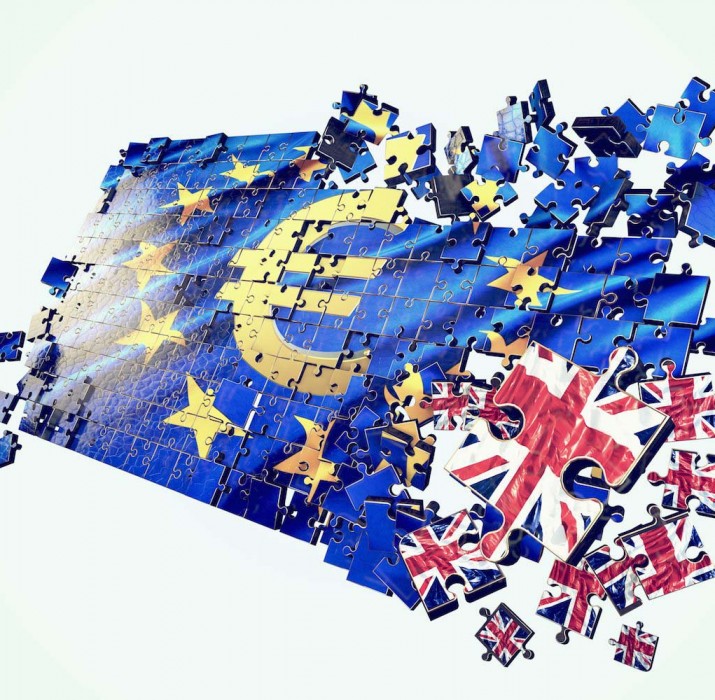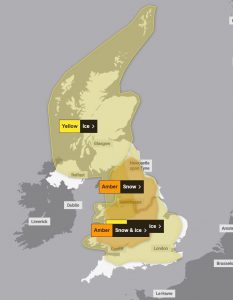Sterling’s fall proliferates fears over Brexit consequences
Sterling was heading on Monday for its biggest single-session loss since October 2009 as David Cameron defended Britain’s membership of the EU against a rising tide of opposition within his own Conservative party.

Sterling was heading on Monday for its biggest single-session loss since October 2009 as David Cameron defended Britain’s membership of the EU against a rising tide of opposition within his own Conservative party.
In a testy debate in the House of Commons the UK prime minister had to face down many of his own MPs who are now openly defying him over Britain’s place in the 28-nation bloc.
An estimated 150 Tory MPs, about half the party in parliament, are now expected to back Brexit in the June referendum when the public will vote on whether to end Britain’s four-decade membership of the bloc.
The pound earlier hit a seven-year dollar low as investors reacted warily to the move by the charismatic London mayor, Boris Johnson, to back the campaign to leave for Britain to leave the EU. This was seen as an early blow to Mr Cameron’s efforts to persuade voters to reject “Brexit” on June 23.
Leaving the EU would not give Britain more influence and would lead to a period of uncertainty, as trade deals with other countries automatically lapsed, Mr Cameron told parliament.
In a dig at Mr Johnson he said it was nonsense for anyone to suggest a No vote could give the UK greater leverage in a second renegotiation. That was “for the birds”, he suggested, saying the result of the referendum would be final.
Mr Johnson later challenged Mr Cameron over his claim to be clawing back greater sovereignty for Britain through his renegotiation, muttering “rubbish” at the prime minister’s reply.
David Noble, the chief executive of CIPS, said: “It is likely some manufacturers are maintaining a financial shield as a barrier against the uncertainties still affecting the sector, including those arising from the forthcoming EU referendum.”
The question on Brexit formed part of the monthly health check on the UK manufacturing sector, which showed activity at British factories grew by the smallest margin in May. The Markit/CIPS purchasing managers’ index made it just above the 50 mark that separates growth from contraction, rising to 50.1 in May from 49.4 in April.









